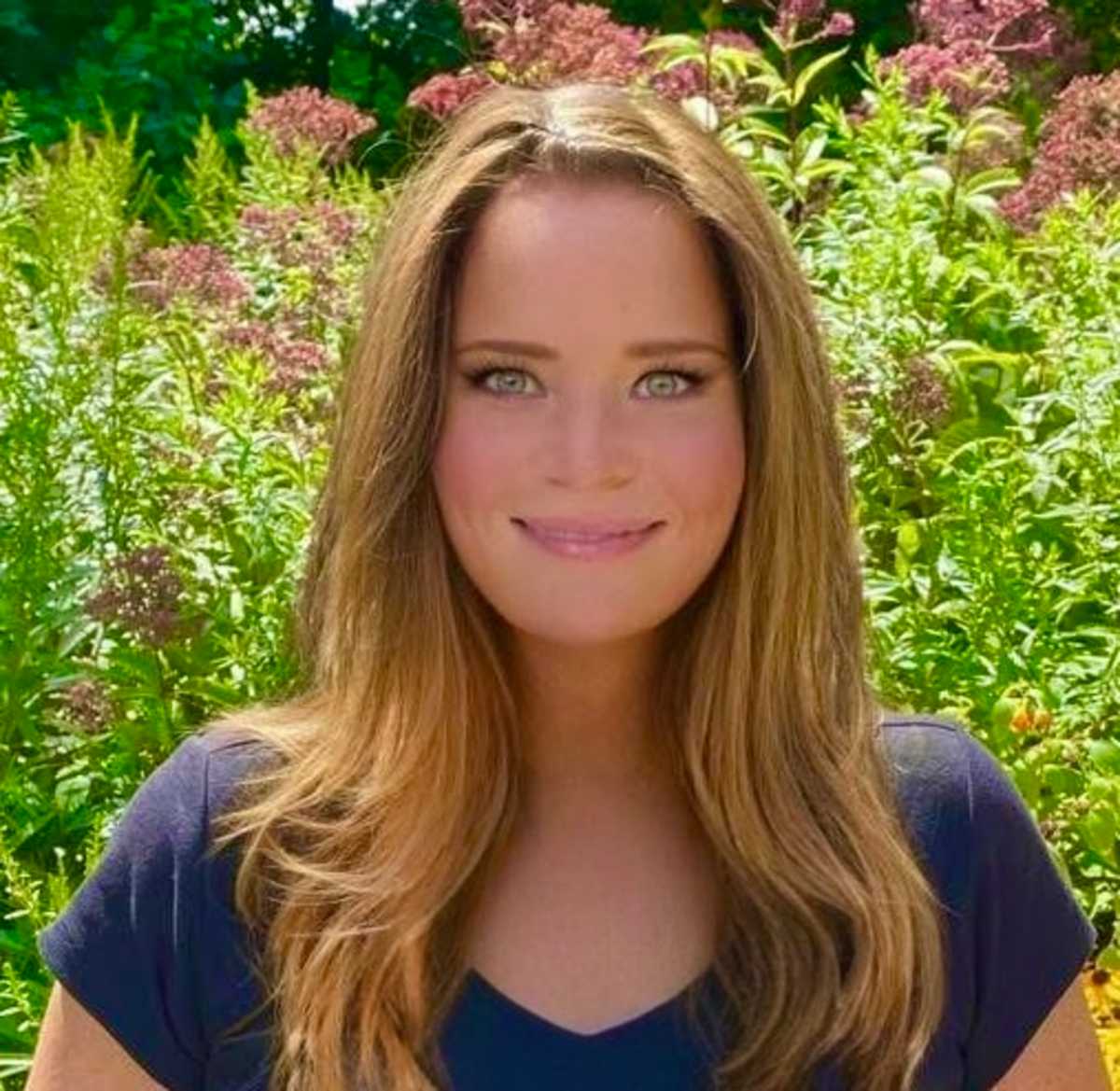Once upon a time, because of course it starts like that, I wrote a lot. As a kid, I filled notebooks like I was trying to beat some mythical word count boss battle. Every story was packed with drama, secrets, and characters who whispered to the wind for no reason other than it sounded deep. If a character cried, it was a single tear slipping down one cheek. If they laughed, it was a laugh that “didn’t reach their eyes”.
Yes. I was that girl.
Then life did what life does. Curveballs. Loss. Taxes. I wandered away from creativity like a side character in a Hallmark movie who gave up painting and started a corporate HR job. But after my dad died, I found my way back. Not because it was poetic. Because it was necessary. Writing became my life raft, and I clung to it like Rose on the door in Titanic.
(See what I did there? We’re already neck-deep in metaphors. Buckle up.)
At that time, I poured myself into my stories. And I mean poured. No teaspoon of emotion. Full industrial bucket. The writing was raw, emotional, and often resembled a slow-motion montage set to sad indie music. Every scene had baggage. Every sentence begged for a hug. At the time, I thought I was crafting moving, soul-stirring prose. In hindsight, some of it reads like a thesaurus went through a breakup and decided to write a novel.
(See what I did there again? That’s me mocking a metaphor… using a metaphor. Welcome to my personal paradox.)
Fast-forward to when I decided to take writing seriously. I shared my work, opened myself up to critique, and, like any overachieving, mildly obsessive creative, I signed up for all the writing courses. Immersive prose? Yes. Scene structure? You bet. “Kill Your Darlings” weekend intensive? Say goodbye to emotionally overwrought Susan with her “emerald pools for eyes” and “voice like a forgotten lullaby.”
(Yeah. I used to write like that. You have my permission to cringe.)
The immersive writing course was the one that really got me. I LOVED it. Wanted to marry it, honestly. I dove in so hard I practically drowned in adjectives. I packed scenes with so much sensory detail that you could taste the air, smell the furniture, and feel the emotional subtext of a houseplant.
(You caught that one, right? I'm literally dragging immersive prose while still doing immersive prose. Don’t worry, the irony isn’t lost on me.)
But here's the thing: when you sprint in one direction, you don't always realize you’re sprinting through wet cement.
(Another metaphor. It's a sickness.)
Looking back, my early immersive writing makes me wince so hard I may need jaw physiotherapy. At the time, I thought I was elevating the work. Really, I was just dressing it up in five layers of velvet curtains and then wondering why no one could see the plot.
And don’t even get me started on clichés.
Hearts? Pounded.
Storms? Raged… both weather and internal.
Eyes? Locked.
Time? Stood still.
Someone was always “shattering like glass,” which is ironic because that kind of imagery should've been thrown in the recycling bin.
(I mean... see what I did there again? Self-roast with a simile. I can’t stop.)
But in between the cringe and the chaos, something cool happened: I started writing nonfiction. And somehow, that helped everything click. Nonfiction made me sit down, shut up, and say the thing. No swirling emotional winds. Just truth. Honest, clear, sometimes funny, sometimes painful truth. And writing like that—clean, uncluttered, to the bone—has actually helped me go back to fiction and un-glitter bomb my prose.
Now, I still use immersive techniques. But with a leash. And supervision. Like a toddler with a glitter pen. I’m learning restraint. I’m learning that clarity doesn’t kill creativity. That you don’t have to describe someone’s silence as “heavier than a grandmother’s guilt” to make a point.
(Yep. I wrote that once. Yep. I regret it. And yep, that’s another metaphor dunked in guilt. I’m incorrigible.)
These days, I cringe less, but still often. I still have beta readers and editors who lovingly call me out when I start going full “fog hung like despair” on page two. (Real note from a friend: “Beth. Please. Let the fog just be fog.”) They’ve helped me rein it in. They’ve helped me be better. They’ve also helped me laugh at myself along the way, which might be the most valuable writing tool I’ve got.
So if you’ve been part of this weird, wonderful, metaphor-riddled journey, thank you. For the feedback, the encouragement, and the gentle roastings. You’ve helped me grow. You’ve helped me evolve.
And for the record? I still love a good metaphor. I just try not to use fifteen in a row like I’m auditioning for a perfume ad written by an angsty poet.
(Okay but now I want to write that just for fun.)
I’m still refining. I always will be. But these days, I’m writing with more clarity, more honesty, and slightly fewer tragic breezes. And I owe a lot of that to nonfiction, patient writing friends, and the growth that comes from seeing your past work and thinking, “Well, at least I know better now.”
Also, I promise: no more laughter that doesn’t reach anyone’s eyes. If my characters laugh now, they mean it.
Right now, I’m neck-deep in Caregiver-ish, my most personal, unpolished, and unfiltered work yet. It’s nonfiction, it’s raw, it’s funny (on purpose, I swear), and it’s forcing me to be brave in a whole new way. No poetic fog. No emotionally burdened weather systems. Just the messy, exhausting, beautiful truth of showing up for the people you love, even when you're running on fumes and coffee that tastes like regret.
(One last one)
Stay tuned. It’s coming. And this time, I’m letting the fog be fog.
